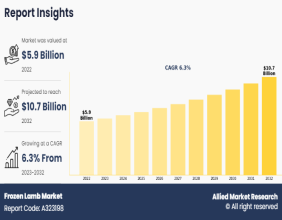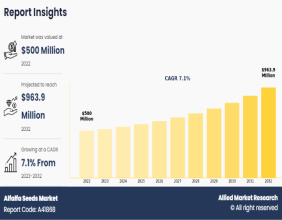Summary
- The government has announced a monetary aid of £20 million, primarily focused to help the small and medium enterprises.
- The fund is constituted to support the functioning of SMEs to adjust with the new rules of origin, value added tax, and new customs procedures.
- The applications for SME Brexit Support Fund will open in the next month and it will be administered through the extant Customs Grant Scheme.
In order to support the smaller businesses in the United Kingdom, the Boris Johnson government has announced a monetary aid of £20 million, primarily focused to help the small and medium enterprises. The fund has been allocated to aid SMEs with regards to the changes in trade practices in accordance with the new regulations after the post-Brexit trade arrangement between the UK and the European Union implemented since 1 January.

Copyright © 2020 Kalkine Media Pty Ltd.
Chancellor of the Duchy of Lancaster Michael Gove said the £20 million SME Brexit Support Fund is constituted to support the functioning of SMEs to adjust with the new rules of origin, value added tax (VAT), and new customs when conducting the cross-border trade with the partner nations of the EU.
Also Read: What does EU proposal to delay application of post-Brexit trade deal means for Britain?
Individual SMEs can apply for the grants of up to £2,000 that can be utilised to pay for practical support inducing training and professional advice. All the SMEs who are new to the importing and exporting processes, erstwhile engaged in the cross-border trade with the EU are entitled to receive the grants.
The applications for SME Brexit Support Fund will open in the next month and it will be administered through the extant Customs Grant Scheme, providing an additional cushion in the phase of domestic adaptability to the newly incorporated arrangement.
SME Brexit Support Fund: Key details
- Individual business, trade associations, and other business organisations across all the jurisdictions of the UK will be engaged in the scheme through the Brexit Business Taskforce.
- The fund will further support the businesses to prepare for the new import controls that are set to be constituted under the Border Operating Model between April and July.
- The new import controls will be introduced in three stages up to 1 July allowing the hauliers and traders with a considerable amount of time in adjusting to the new processes.
- Except for those who are involved in the international trade of controlled goods with the EU, all other businesses are not required to complete new import declarations for up to six months.
- The pragmatic efforts and monetary support from the government has been welcomed by the Brexit Business Taskforce.
- The Logistics UK has been directed to join the Brexit Business Taskforce as a standing member alongside the funding support. The constructive engagement and advocacy of Logistics UK in tackling issues in connection to the termination of Brexit transition period has thoroughly supported hauliers, traders, and their respective supply chain arrangements to adjust with the newly orchestrated trade agreement with the EU.
- With the continuous efforts by the UK traders and hauliers, presently there is no disruption at the ports and compliance with the new regulations remains high.
- The overall freight flows between Great Britain and the EU have reached 98 per cent in the last week as against the levels seen during the similar stretch a year earlier.
Good Read: UK exporters facing Brexit-related hurdles, says study




